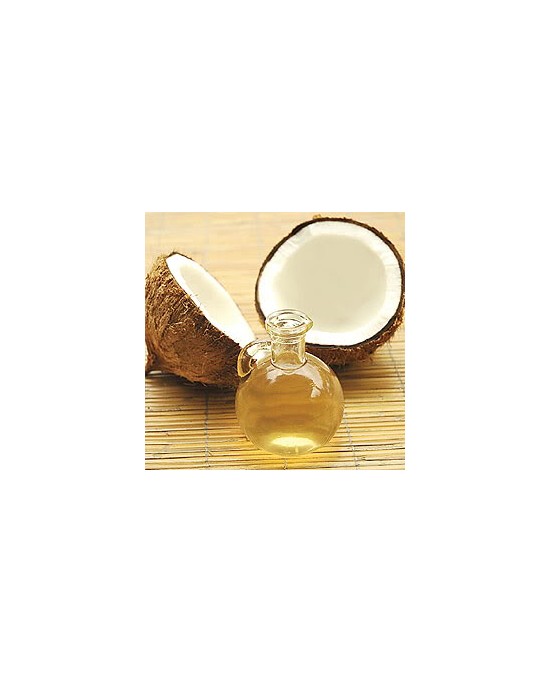

Coconut oil has gained popularity in the world of skincare due to its numerous benefits. This natural oil, derived from the meat of coconuts, offers a wide range of advantages for your skin:
Moisturization: Coconut oil is an excellent moisturizer. Its fatty acids help to lock in moisture, keeping your skin hydrated and preventing dryness. Regular use can leave your skin feeling soft and supple.
Antioxidant Properties: It contains antioxidants like vitamin E, which can help protect your skin from damage caused by free radicals and environmental stressors. This can contribute to a more youthful and radiant complexion.
Anti-Inflammatory: Coconut oil has anti-inflammatory properties that can soothe irritated skin and reduce redness. It can be particularly beneficial for those with conditions like eczema or psoriasis.
Antibacterial and Antifungal: The lauric acid in coconut oil has antibacterial and antifungal properties, making it effective in combating acne-causing bacteria and fungal infections on the skin.
Makeup Remover: Coconut oil serves as an effective and gentle makeup remover. It can break down even waterproof makeup, leaving your skin clean and refreshed.
Skin Barrier Repair: The fatty acids in coconut oil help repair the skin's natural barrier, which is essential for maintaining healthy, resilient skin. A strong skin barrier can protect against pollutants and irritants.
Wound Healing: Coconut oil may aid in the healing of minor cuts, scrapes, and burns due to its antibacterial properties. It can create a protective barrier over the wound, promoting faster recovery.
Natural Exfoliant: When used in combination with sugar or salt, coconut oil can be an effective natural exfoliant, helping to remove dead skin cells and reveal smoother skin.
Anti-Aging: Some believe that regular use of coconut oil can reduce the appearance of fine lines and wrinkles due to its moisturizing and antioxidant properties.
While coconut oil can be a beneficial addition to your skincare routine, it's essential to use it in moderation, especially if you have oily or acne-prone skin, as it can be comedogenic for some individuals. Always do a patch test before using it on your face, and consider consulting with a dermatologist for personalized skincare advice.